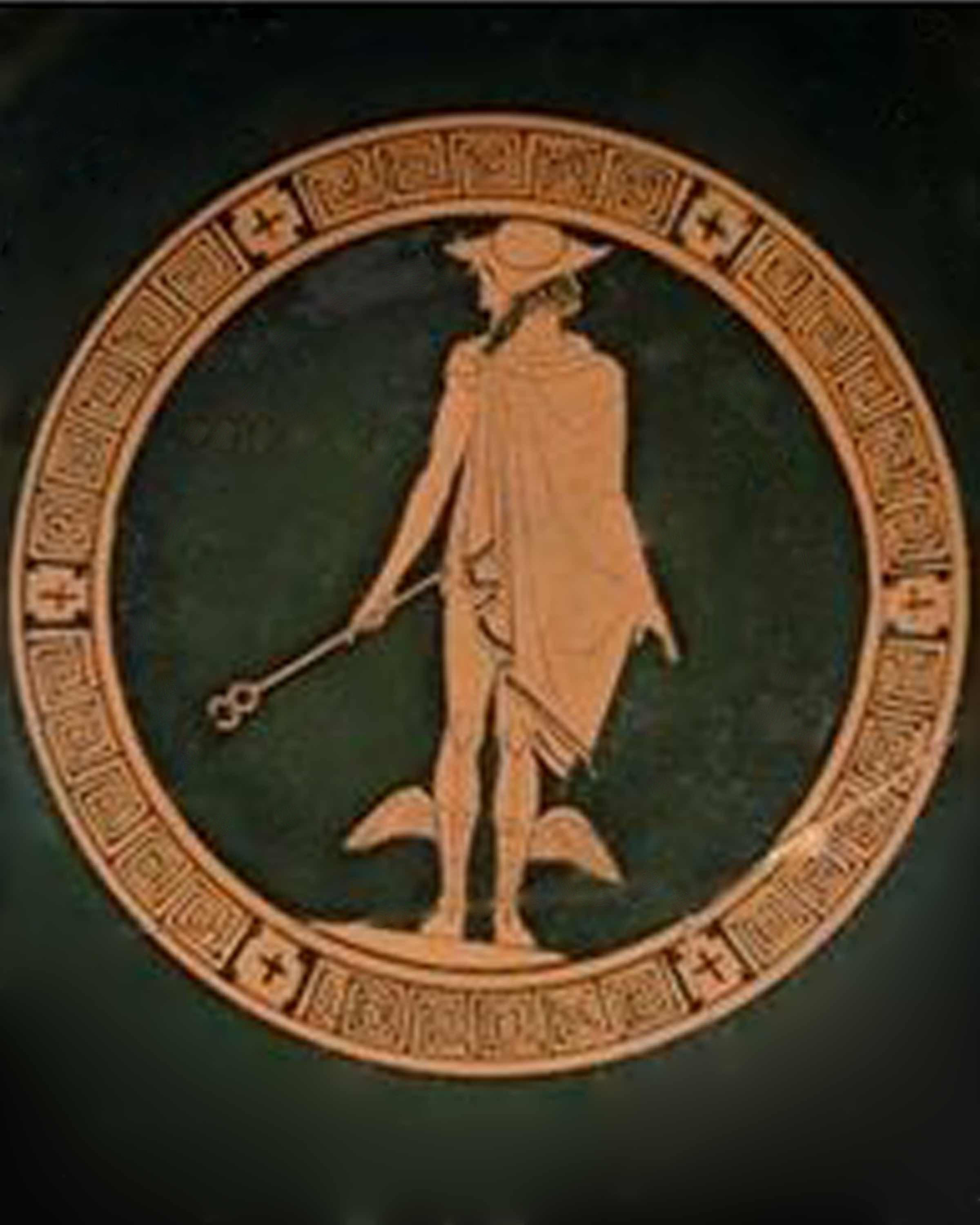Spiritual Exercises
SPIRITUAL EXERCISES
This short book has probably been the best-known retreat text in the Catholic church for over four hundred years. Originally written in Spanish, it consists of meditations, practical directions for prayer, and assorted recommendations for Christian living. The book is essentially a manual, not a piece of devotional literature. It represents the fruit of Ignatius of Loyola's religious experience over a number of months in the year 1522, following his conversion. He continued to refine the text until its final revision in 1541.
The Exercises are divided into four "Weeks," each of which is dedicated to a specific set of meditations. The First Week is devoted to the mystery of sin and forgiveness, the Second to meditations on scenes from the life of Christ, the Third to the passion and death of Christ, and the Fourth Week to the resurrection appearances. Framed against the background of the sixteenth-century Catholic Counter-Reformation, Ignatius intended the Exercises to be made by men and women, religious and lay, who occupied positions of influence, or whose native abilities showed great promise, since much good could come to the church through the renewal of such gifted people. The Spiritual Exercises may be looked upon as a school of seeking and finding God through inner conversion and being drawn into an affective relationship with Jesus in order to render concrete service to the poor of this world. Ignatius envisioned the Exercises as a means of clearing the heart and attaining a high degree of interior freedom so that a person could make an option for the kingdom of God.
EXAMINATION OF CONSCIENCE In the Spiritual Exercises, Ignatius Loyola recommends the practice of the examination of conscience at midday and again before retiring. The purpose of this brief, prayerful exercise is to help an individual become aware of particular areas of his life needing improvement. Ignatius suggests (1) beginning with giving thanks to God for goodness received; (2) asking God for insight into one's actions, behavior, motives, and so forth, in order to spot what was not of God (and thus disordered or sinful); (3) reviewing one's life since the previous examination; (4) begging healing and forgiveness; and finally (5) resolving, with God's help, to do better. Ignatius distinguished the "particular examen" from the "general examen." The former was a means of correcting a specific fault or advancing in a specific virtue, while the latter was concerned with one's overall sensitivity to God's presence or absence.
The practice of the general examen has frequently been adopted outside the context of a retreat as a means of recentering one's attention on the presence and action of God in one's life. Some commentators have suggested that "consciousness" or "awareness" would be closer to Ignatius's purpose in proposing this particular exercise than "conscience," since the desired effect is to render a person more reflectively aware of how various circumstances, events, remarks, relationships, encounters, moods, feelings, and so forth, are affecting her sense of the presence of God. The practice can play an indispensable role in ongoing discernment.
CONSCIENCE
Conscience refers to a sense of duty or accountability for decisions of moral importance. More specifically, it is the human faculty of judging the rightness or wrongness of particular actions. Thomas Aquinas refers to conscience as "the mind of the human person making moral judgments." Conscience is technically distinguished from "synderesis" which refers to knowledge of moral principles. Conscience refers to the ability of the human mind, in the exercise of practical reason, to apply moral principles to concrete circumstances.
Conscience sometimes refers to an inner voice of moral authority, or, as some put it, to an inner voice of God calling people to moral responsibility. Whether the actual source of conscience is God or an innate human faculty, it is generally believed that it must be followed, since, without it, people are unable to make moral decisions or feel any sense of moral accountability. The problem, of course, is that sometimes people suffer from an erroneous conscience.
A conscience can err when it makes an error of factual judgment about relevant circumstances of a moral decision-making situation, when it is overwhelmed by emotions that cloud reason, or when the conscience's knowledge of moral principles is corrupted.
Contemporary psychology and theology have come to appreciate that conscience probably does not inherit a knowledge of moral principles, but acquires them through moral education. If one's moral education is inadequate, conscience can be misinformed and make objectively erroneous moral judgments. Thus, an individual "in good conscience" could make a decision that actually compromises some genuine moral good (error invincibilis = invincible ignorance). A vincible ignorance (error vincibilis) refers to the conscience of an individual who negligently refuses to inform himself or herself about moral principles or facts relevant to a moral decision. Contemporary moral theology and church teaching (for example, Vatican Council II) consider it imperative that persons follow their consciences, even if at odds with particular moral norms, since, again, this is the faculty by which moral accountability is experienced. Disregarding conscience jeopardizes future moral judgments. An individual has a responsibility, however, to seriously consider the moral wisdom of his or her tradition when contemplating a decision "in good conscience" that differs from explicit moral norms.
